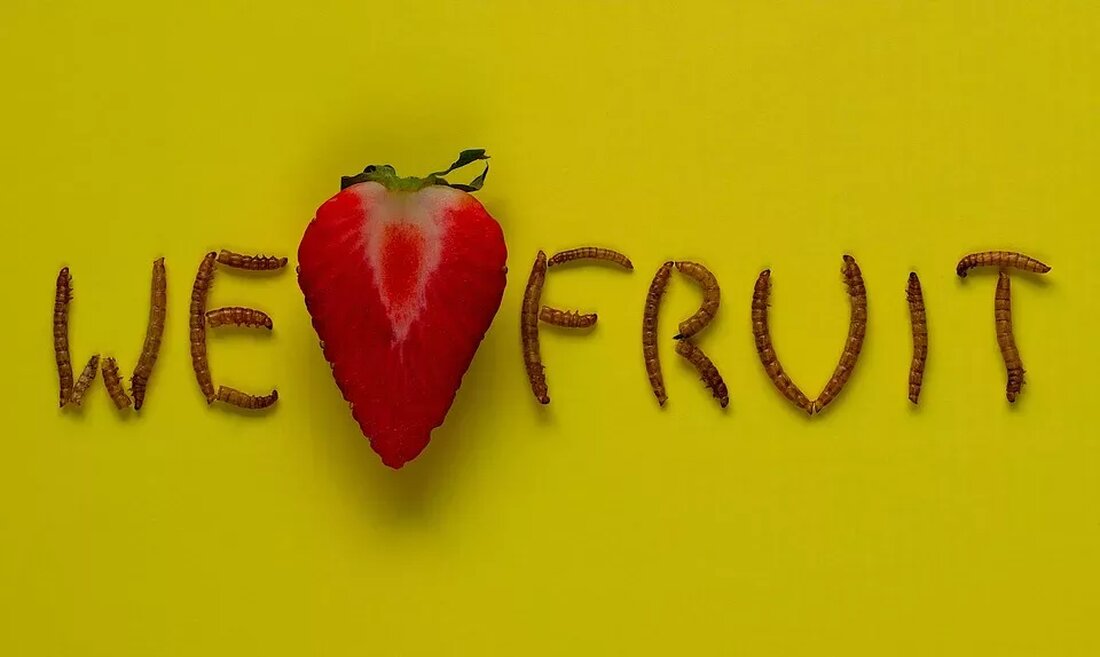Reduce food waste: How to start
Reducing Food Waste: How to Get Started Food waste is a major issue that needs to be addressed globally. It is estimated that around a third of all food produced ends up in landfill. Not only is this a huge waste of resources such as water, energy and land, but it also contributes to climate change and has negative social impacts. Fortunately, there are steps each individual can take to reduce food waste. In this article, we will share different approaches and tips on how to start reducing food waste. The Importance of Food Waste Food waste has many negative impacts on the economy, the environment and...

Reduce food waste: How to start
Reduce food waste: How to start
Food waste is a major problem that needs to be addressed worldwide. It is estimated that around a third of all food produced ends up in landfill. Not only is this a huge waste of resources such as water, energy and land, but it also contributes to climate change and has negative social impacts. Fortunately, there are steps each individual can take to reduce food waste. In this article, we will share different approaches and tips on how to start reducing food waste.
The importance of food waste
Food waste has many negative effects on the economy, the environment and society. Here are some reasons why food waste is an urgent problem:
1. Waste of resources
Producing food requires large amounts of water, energy and land. When food is wasted, all of those resources are also wasted. This places unnecessary strain on the environment and contributes to problems such as water shortages, deforestation and greenhouse gas emissions.
2. Climate change
Food waste contributes to climate change. When food ends up in the trash, it decomposes and produces methane gas, a particularly powerful greenhouse gas. Methane is responsible for around 16 percent of global greenhouse gas emissions. By reducing food waste, we can help fight climate change.
3. Hunger and poverty
While food is wasted in industrialized countries, many people in other parts of the world suffer from hunger and poverty. By reducing food waste, we can help improve food security and combat hunger and poverty.
Tips for reducing food waste
There are many ways we can all help reduce food waste. Here are some simple tips on how to get started:
1. Conscious shopping
One of the easiest things you can do is shop consciously. Plan in advance what you need for your meals and make a shopping list. Only buy what you actually need and avoid impulse purchases. When you shop consciously, you reduce the chance of food spoiling before you can use it.
2. Proper food storage
Another important aspect is storing food properly. Some foods need to be kept in the refrigerator while others can be stored at room temperature. Read the instructions on the packages and make sure you store the food properly to maximize its shelf life.
3. Use leftovers
If you have left -wing food, don't just let them spoil in the fridge. Use the remains by using creative recipes or using them in new dishes. Remains can be processed into delicious soups, casseroles or salads. By recycling remains, you not only reduce food waste, but also save money.
4. Pay attention to the correct portion size
We often throw food away because we cooked or served too much. When cooking and serving meals, pay attention to the right portion size. Adjust your quantities accordingly to avoid waste. If you have cooked too much, freeze the remaining meals or pass them on to the needy.
5. Interpret expiry dates correctly
Expiry dates are often a confusing aspect of grocery shopping. Many foods are still safe to consume even after their expiration date. Learn to distinguish between “expiry dates” and “best before dates”. The expiry date means that the food is no longer safe to eat after this date, while the best before date indicates the date up to which the product will retain its best quality but is still safe to eat afterwards.
6. Donate and share
If you have food that you can no longer use, consider donating it or sharing it with other people. Many communities have organizations or programs that give excess food to nonprofits or people in need. By sharing food, you can help others while reducing food waste.
Conclusion
Food waste is a serious problem that has global effects. However, there are steps that each individual company can do to reduce food waste. By consciously shopping, storing food correctly, using the remnants, considering the right portion size, interpreting and sharing decay data correctly, we can help to reduce food waste. Every contribution counts, and together we can help create a more sustainable and fairer world.
Sources:
– Food and Agriculture Organization of the United Nations. (2019). Key facts on food loss and waste you should know! https://www.food.unsere:domain.org/en/Newsroom/Key-Facts/
- United Nations Environment Programs. (2020). Food waste. https://www.unenvirtonment.org/explore-topics/resource-efficiency/what-we-do/prevventing-food-wassen

 Suche
Suche
 Mein Konto
Mein Konto
